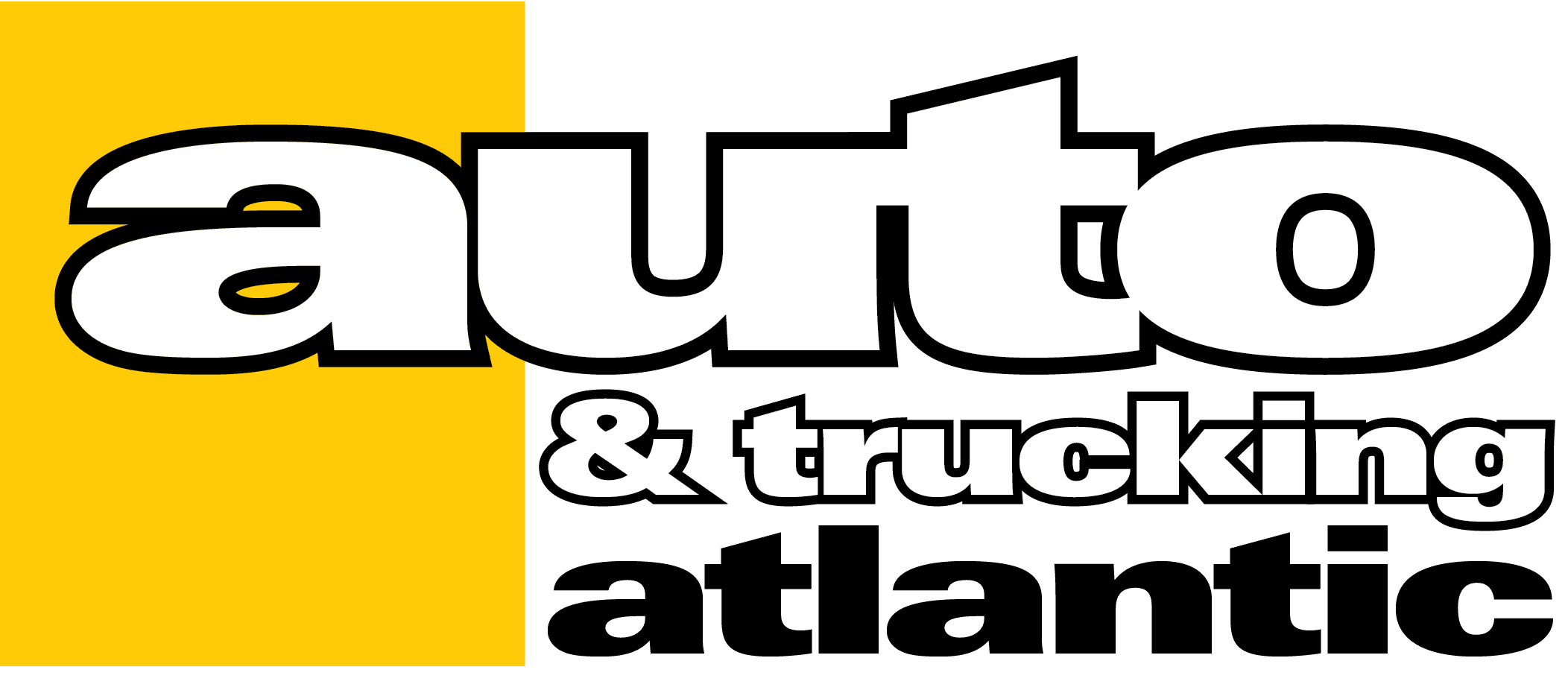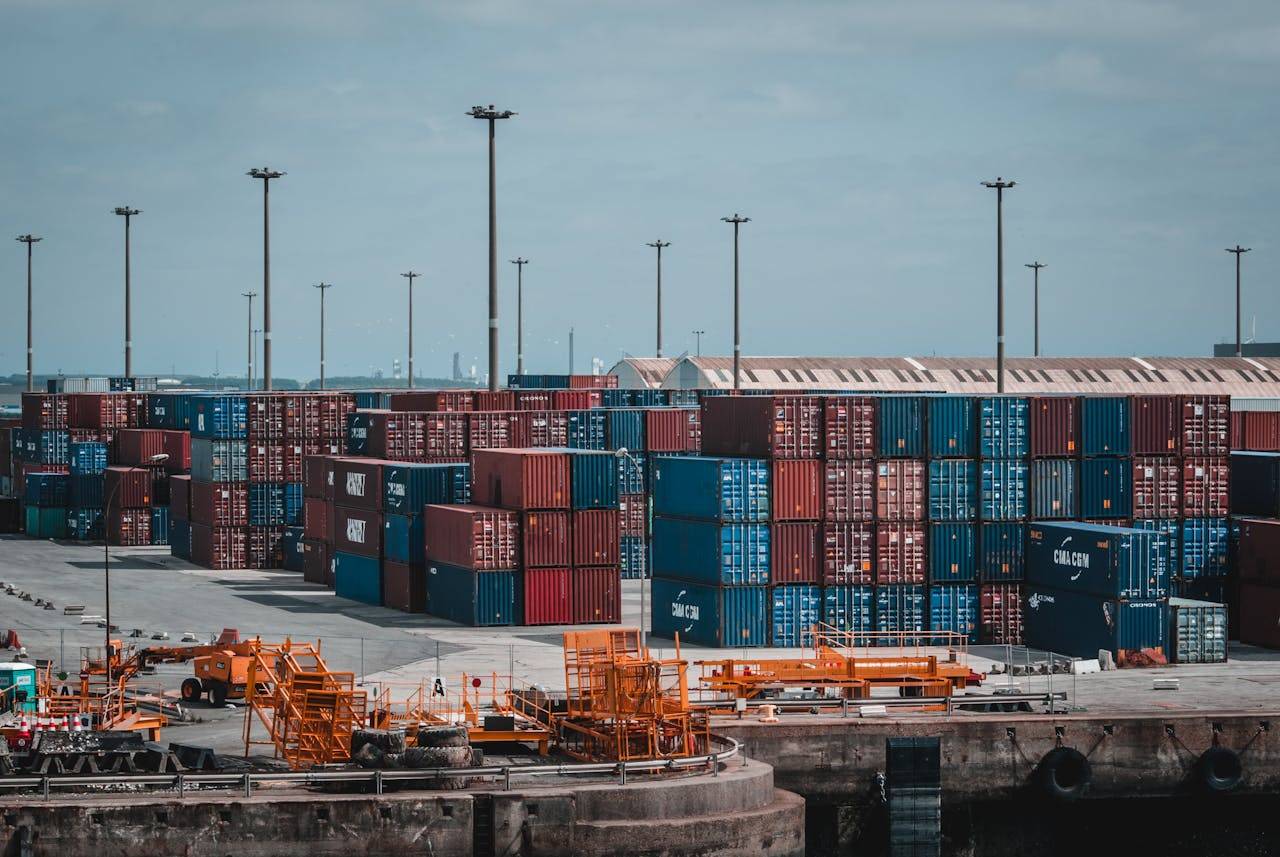The ministers thanked the coalition of willing jurisdictions: Ontario; Nova Scotia; Manitoba; Prince Edward sland; Saskatchewan; Alberta; Newfoundland and Labrador; Northwest Territories; Yukon; and Nunavut for joining this effort to improve the efficient movement of goods — a crucial aspect to Canada’s productivity and affordability. The pilot project will be co-chaired by Newfoundland and Labrador and Canada.
Mutual recognition agreements in key sectors, such as transportation and trucking, have the potential to boost Canada’s productivity and economic growth. Experts forecast that adopting mutual recognition as a means to reduce barriers to internal trade could increase Canada’s economy by $200 billion per year.
Under this new trucking pilot, participating provinces and territories will commit to recognizing each other’s regulatory requirements, even where differences exist, such as oversized vehicle signage requirements, to allow trucks and the goods they carry to move across Canada more effectively, without compromising safety and security measures. The pilot, the first of its kind on this scale within Canada, will help governments test and measure what can be achieved through mutual recognition and will help drive future work in other important sectors of the economy, including labour mobility.
Today’s announcement is an important first step towards wider, national adoption of mutual recognition and builds on the Government of Canada’s demonstrated leadership and action to liberalize trade and boost Canada’s economic productivity.
If you know company suspected to engage in labour misclassification and other labour code infractions, WCB noncompliance, tax noncompliance, you can provide a tip for further investigation to the appropriate authority here: https://cantruck.ca/wp-content/uploads/2023/10/Driver-Inc.-tip-sheet-document-final-EN_public.pdf

